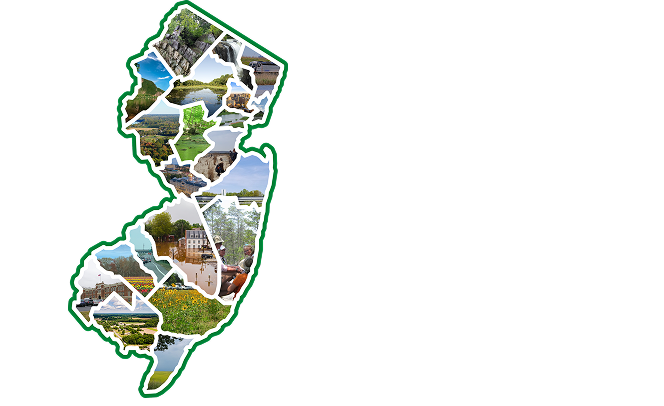Active banners: 0 Visible banners: 0
Petroleum Agenda Solutions: Media Literacy Lesson
Created by Teacher(s): Amber Medina|Published on: March 18, 2023
Lesson Plan Created by SubjectToClimate teachers
678
Synopsis
In this lesson, students engage in critical media literacy investigating the impacts of petroleum extraction, and promote sustainable alternatives.
Step 1 - Inquire: Students explore the impacts of petroleum extraction and analyze two different media literacy forms that promote petroleum-based products.
Step 2 - Investigate: Students conduct research on how a product’s components are derived from petroleum and find a sustainable alternative for the same or similar product.
Step 3 - Inspire: Students reflect on how consumer choices can impact the environment and create a media message to promote the sustainable product from their research.

Teaching Materials
Lesson Plan Preview
Accompanying Materials
Scientist Notes
Teaching Tips
Standards
Teacher Writer

Amber Medina
Elementary School Teacher
Reviews

Amber Medina
As the creator of this lesson, I am eager to share how this played out in my classroom. I taught this lesson over the course of 2 weeks as I added additional pre-requisites to the fracking component. I showed a video on YouTube that demonstrated how fracking works with visuals so students could see all the "behind the scenes" and we discussed the petroleum refineries. I teach specifically an environmental science course so I had a lot of room to expand this into a unit.
Students were really into the media component. I noticed a significant increase in engagement as opposed to our usual readings and science centered videos. They kept wanting to re-read Petro Pete and re-watch the commercial to catch every little detail. We compared it to other advertisements to make connections on marketing tactics like the McDonalds jingle and logo favorites. Students were super into exploring this.
I gave students 2 full days of creation time. There was so much excitement buzzing in the classroom! In the lesson, 1 day is allocated but if you have the time, definitely spare it toward creating! The lesson doesn't account for how long the action plan can take. For my students, the next 2 days will be allocated toward this project. They are going to be writing emails with their advertisements attached to the sustainable companies they created ads for and requesting samples of their products to share with their classmates. Additionally, this was a great segway into another potential unit. One student spoke up during research and asked, "How can we know if these companies are doing what they actually say they're doing with sustainability? What if they're making it up?" This led to another students suggesting we ask for their sustainability reports if they are not listed on the website. I am encouraged to introduce green washing to them following our action plan! It was amazing to witness the student agency in this project and the meaningful inquiries that came from it!
2 years ago
All resources can be used for your educational purposes with proper attribution to the content provider.




